How we can tell about a historic event in a memorable and thrilling manner? In the era of the visual technologies, the images are very useful. Apparently many of the photos collected in the recently published book entitled “The first Balkan war 1912-1913. Illustrated chronicles” will impress all history fans. The edition was dedicated to the 100th anniversary of the First Balkan war, where Bulgaria, Serbia, Greece and Montenegro fought against the Ottoman Empire to liberate all Christians, who were living within the Empire.
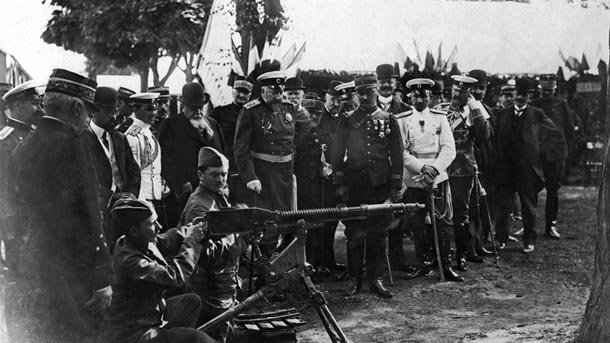
The book was arranged by the artist Alexander Vachkov. “My interest towards the historical past is fully professional, because I studied history for 2 years before joining the Arts Academy”, said Vachkov in an interview for RB. His first book, which was released on the book market in 1996, was dedicated to the military uniforms during the First Balkan war. In 2010, his book entitled Bulgarian military uniforms in the period 1877-1945 was published. It covered the period from the liberation of Bulgaria from Ottoman yoke to the first year of the communist regime established in this country. Meanwhile another 2 books written by Alexander Vachkov, which are linked to the wars for national unification of the Bulgarian people, appeared on the book market. What is the usual correlation between text and illustration in the books of Alexander Vachkov? Here is what he said in an interview for RB:
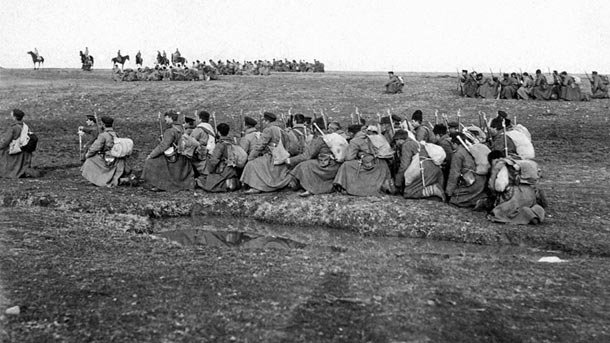
“I often joke with friends that my approach is similar to the one in the magazine publishing, where the correlation is half and half," Alexander Vachkov explained. "This is so, because being an artists, I always try to visualize well my researches”, says Alexander Vachkov. “Moreover, this approach has been ignored for many years in the Bulgarian publishing of historical books, which means that a certain historic event was partially revealed. And because most of the serious researches were written in an academic style, which is often obscure for the readers, I think that the mission of my books is to popularize a certain historic event among many people. This can only be achieved through more attractive visualization, backed with a serious historical text”, Alexander Vachkov goes on to say.
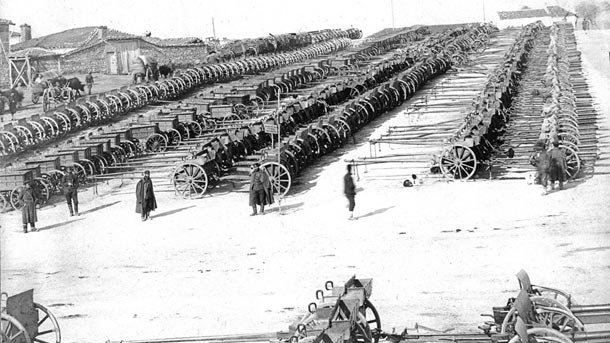
There are over 600 photos in the illustrated chronicle of the Balkan war. Photos from Bulgarian, Greek, Serbian, Montenegrin, Turkish and Romanian military archives were used in the book. They reveal the diplomatic and military training, the war effort of the Bulgarian army, the deed of the volunteers and the huge public enthusiasm for liberation of the Christians who were still living under Ottoman government. Of course, the accent falls on the military actions, which were revealed in a time-sequence.
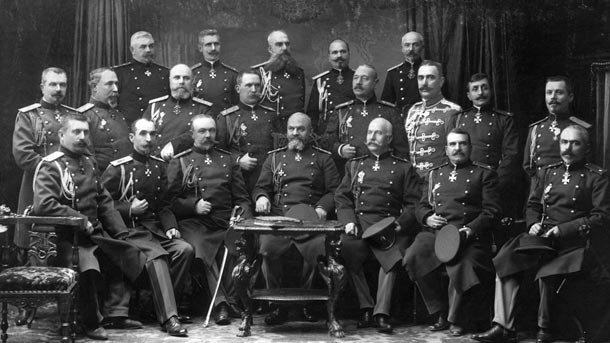
“There is a separate chapter dedicated to the generals, the officers and the soldiers who took part in this war”, says Alexander Vachkov. The book provides information about the allies of Bulgaria and its enemy. Thus, it filled the vacuum in the researches, which was created in the past, when there was a lack of adequate information about the participation of the Bulgarian allies and its enemy in this war. This book used information from researches made by foreign scientists. At the end, when the balance sheet about this war was drawn-up, the accent fell on the human tragedy. In other words it reveals the heroism of the soldiers as well as the huge sufferings during this war.
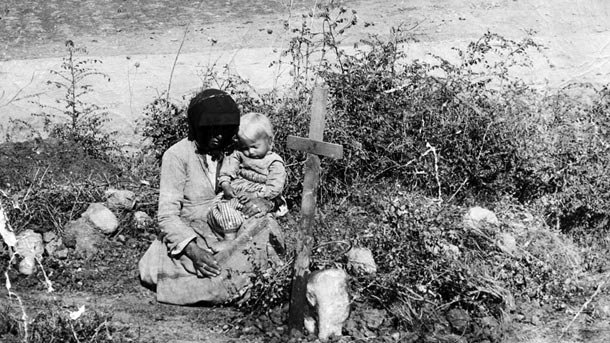
One of the most striking photos depicts a very young woman who is sitting on 2 graves, holding her little child. The photo was taken from the website entitled “The lost Bulgaria”, created by artist Peyo Kolev. “My friend and colleague Peyo Kolev supported the idea for the creation of an illustrated chronicle of the First Balkan war”, says Alexander Vachkov. “Despite the fact that I am the author of the annotations in the text, it is practically a joint project between me and this website. It gained huge popularity among the readers. The “World library” publishing company has also let us use its rich photo archive in this book. We also used my personal archive, which I was collecting for many years”, says Alexander Vachkov. What is the evaluation of Alexander Vachkov about the First Balkan war?
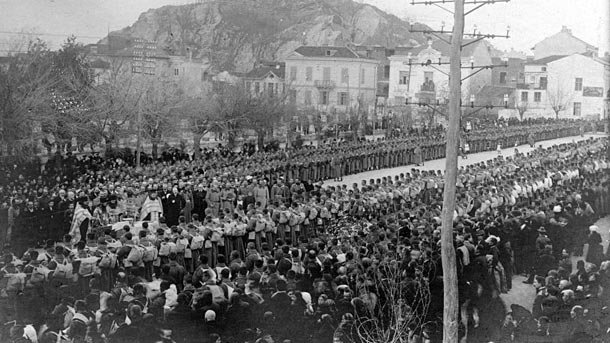
“The Balkan war was a heroic deed of the Bulgarians. The whole nation rose against the oppressors, led by the idea for national unification. And the results were astonishing. Practically in a matter of 2 weeks small Bulgaria, helped by its allies put a world empire, which outnumbered the Bulgarian troops, on its knees. Unfortunately this epopee ended tragically in the Second Balkan war, known as the Inter Alliance war. In this war Bulgaria fought against its former allies, Romania and the Ottoman Empire. However, the First Balkan war was a period of great heroism shown by the Bulgarian people”, Alexander Vachkov concludes.
English version: Kostadin Atanasov
In anticipation of the Nativity of Christ, the Orthodox Church opens its doors for today's divine services, heralding the fulfillment of the mystery of the Incarnation. "Let us experience the Nativity of Christ during the solemn services, so..
Christmas Eve is one of those quiet family holidays, filled with hope for the future. At the border between the past and the present, Orthodox Bulgarians gather to welcome the days to come. Traditionally, the table on Christmas Eve is simple and..
Today, the Bulgarian Orthodox Church commemorates St. Naum of Ohrid. Naum was a medieval Bulgarian scholar and writer. He was born around 830 and died on December 23, 910. He was of noble origin but he left everything and followed the Slavic..
The Aprilov National High School in the beautiful Bulgarian town of Gabrovo nestled in the foot of the Balkan Range celebrates its 190th anniversary in..

+359 2 9336 661
